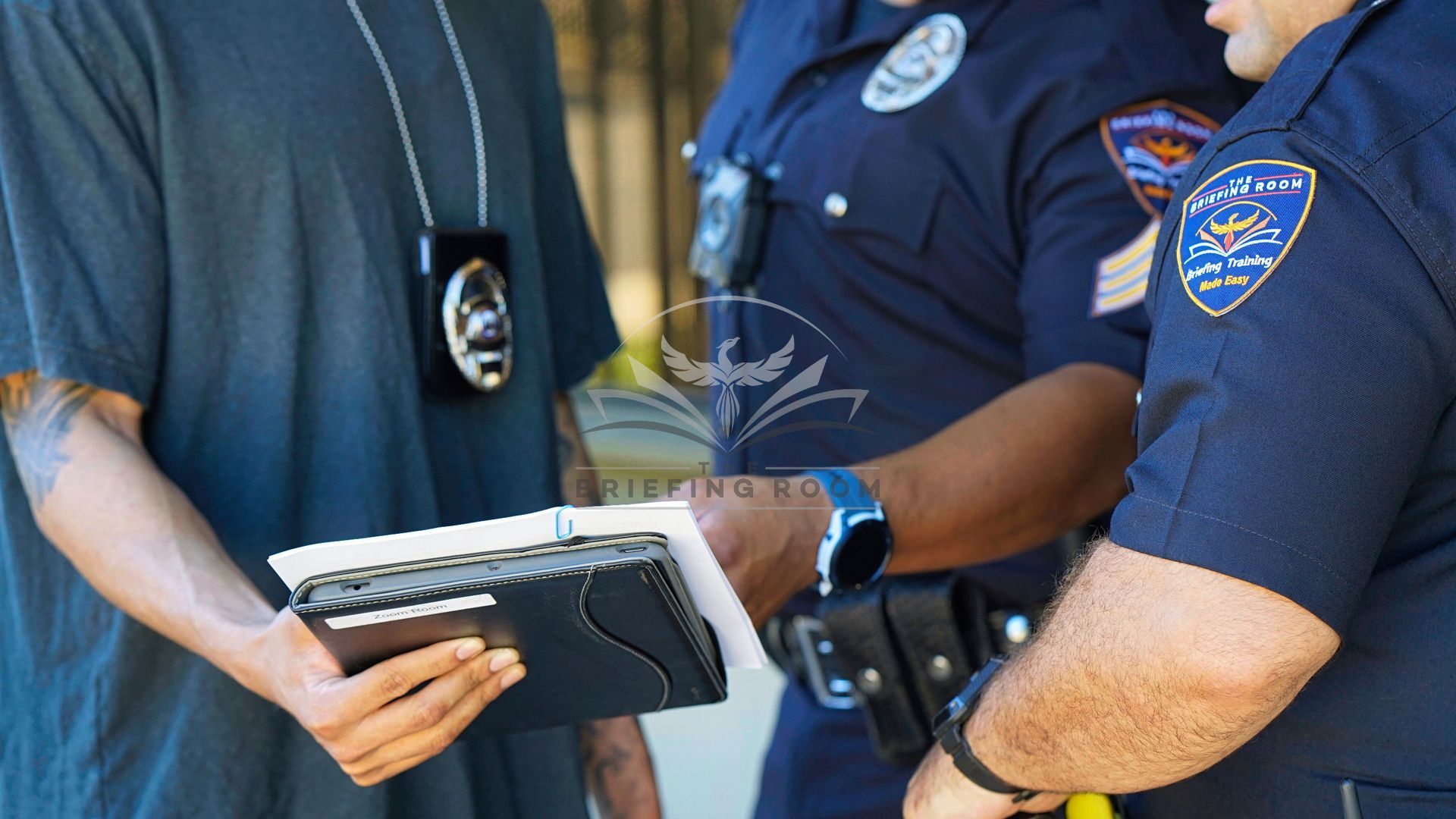Establishing a Violation of California PC 69
Establishing a Violation of California Penal Code 69

This post is only offered as a discussion topic only and does not represent legal advice. Officers must refer to the laws in their own State as well as their agency's policies, which can be more restrictive on officers that the law requires.
Scenario: While working uniformed patrol as a police officer, you're sent to check the well-being of a man who may be suicidal. When you arrive, you see he has cuts on his wrist. When you tell him to sit down, he refuses and instead, he pulls a gun from his waist band and holds it to his side. The circumstances involved made it feasible for you to deescalate the situation and take him into custody.
Did he commit a violation of California Penal Code Section 69 - Resisting an Executive Officer?
Answer: The unpublished case of People v. Felix from 2023 discussed this exact issue. Since the case is unpublished, it can't be used by attorneys as an authority they can use to argue on a police officer's behalf. But, these unpublished cases do teach us about the history of certain topics because they cite authoritative published cases in the court's opinion.
So in this case, the court quoted from a California Supreme Court case called "re Manuel G." from 1997 when they said, "(PC 69) sets forth two separate ways in which an offense can be committed. The first is attempting by threats or violence to deter or prevent an officer from performing a duty imposed by law."
And then they cited a California Court of Appeals Case called People v. Lacefield from 2007 which said attempting to deter or prevent an officer "can be established by threat, unaccompanied by any physical force and may involve either an officer's immediate or future performance of his duty."
That was the first way to establish a violation of California Penal Code 69.
The second way a violation of PC 69 can be committed is by a person actually "resisting by force or violence an officer in performance of his or her duty." -In re Manuel G. (1997, California Supreme Court)
In fact, these two ways of establishing a violation of PC 69 are so distinct that they each have their own set of jury instructions.
In the case that was recently released, People v. Felix, the officers' body camera footage showed the man pulling a gun out of his waistband but then the camera footage abruptly ended. Therefore, there was a dispute about whether or not the man actually pointed the firearm at the officer. The court said that whether or not the man pointed the firearm at the officers did not matter. It was clear the officers were acting in performance of their duties, they gave him a lawful order and he responded by brandishing a firearm.
Therefore, "the evidence in record supports the jury's conclusion that (the man) resisted, with force or violence, the law enforcement officers who were engaged in their duties at the time of of the encounter."
The Briefing Room has a short training video available on this exact scenario so agency supervisors can easily train every officer in your agency on in this essential topic.
www.TheBriefingRoom.com
90-Second Training Videos Your Supervisors Use During Briefing or Roll Call To Develop High-Performing Teams of Officers.
✅ Lower Liability
✅ Retain Officers
✅ Build Community Support
🌟 Produced Exclusively by Active-Duty Law Enforcement Instructors 🌟



© 2024 THE BRIEFING ROOM
Site Design by Solmark Creative | Development by Adam Wills Marketing
